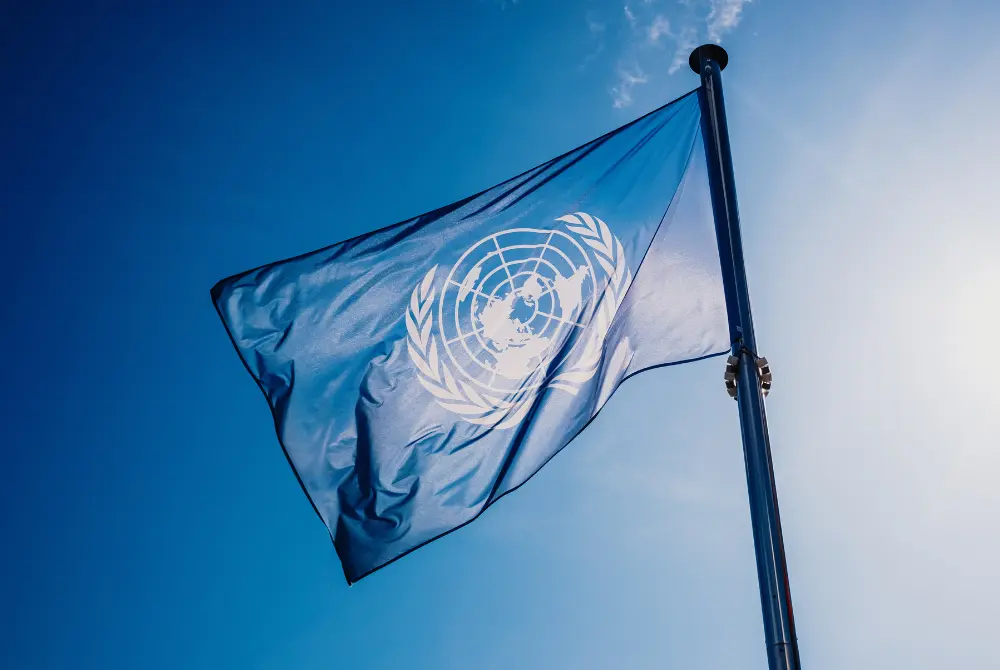
The United Nations Children’s Fund (UNICEF) has raised alarms over the recurring cholera outbreaks in Nigeria, highlighting their severe impact on children and the general population.
In a statement released by Celine Lafoucrier, Chief of the Lagos UNICEF Field Office, the organization emphasized the critical health risks posed to children, especially those under five, who are particularly vulnerable to severe dehydration and increased mortality rates.
Lafoucrier urged the government to prioritize the provision of clean and safe water to curb the spread of cholera.
She noted that despite the state government’s efforts to supply water, the current outbreak underscores the urgent need for ensuring that the water provided is clean and free from contaminants.
“Addressing the challenges of cholera outbreaks requires a deliberate focus on state policies, including the provision of high-standard water and sanitation facilities, as well as strengthened healthcare systems capable of responding to demand during outbreaks,” Lafoucrier stated.
She also called for public awareness campaigns on cholera prevention to protect both children and the broader population.
She emphasized that robust water and sanitation infrastructure are crucial in reducing disease outbreaks such as cholera, which causes an estimated 100,000 deaths annually.
“Water, sanitation, and hygiene (WASH) interventions are fundamental in preventing and responding to cholera epidemics. Safe water supplies, hygienic sanitation, and effective water management are key elements in this effort,” she added.
Preventing cholera, Lafoucrier noted, centers on good sanitation and hygiene practices, including the proper disposal of feces, eliminating open defecation, and ensuring access to potable water.
Regular hand washing with clean, running water and soap is vital, along with avoiding the consumption of uncooked vegetables, unwashed fruits, raw or undercooked seafood, and food from street vendors to reduce the risk of infection.
She highlighted the broader impact of safe water, stating, “Safer water can annually prevent 1.4 million child deaths from diarrhea, 500,000 deaths from malaria, and 860,000 child deaths from malnutrition. It can also protect 10 million people from serious illnesses like lymphatic filariasis and trachoma.”
Lafoucrier pointed out that disease outbreaks hinder Nigeria’s progress in achieving health-related Sustainable Development Goals (SDGs), particularly SDG 3, which focuses on ensuring healthy lives and well-being for all.
These outbreaks strain the health system, diverting limited resources from essential services like routine immunizations and maternal and childcare, thereby undermining universal health coverage.
However, she also noted that outbreaks present opportunities to strengthen Nigeria’s health system. “Prevention is more cost-effective than cure; thus, communities should establish systems that promote key hygiene practices, transforming them into a cultural norm,” she concluded.
Subscribe to National Updates for more News
